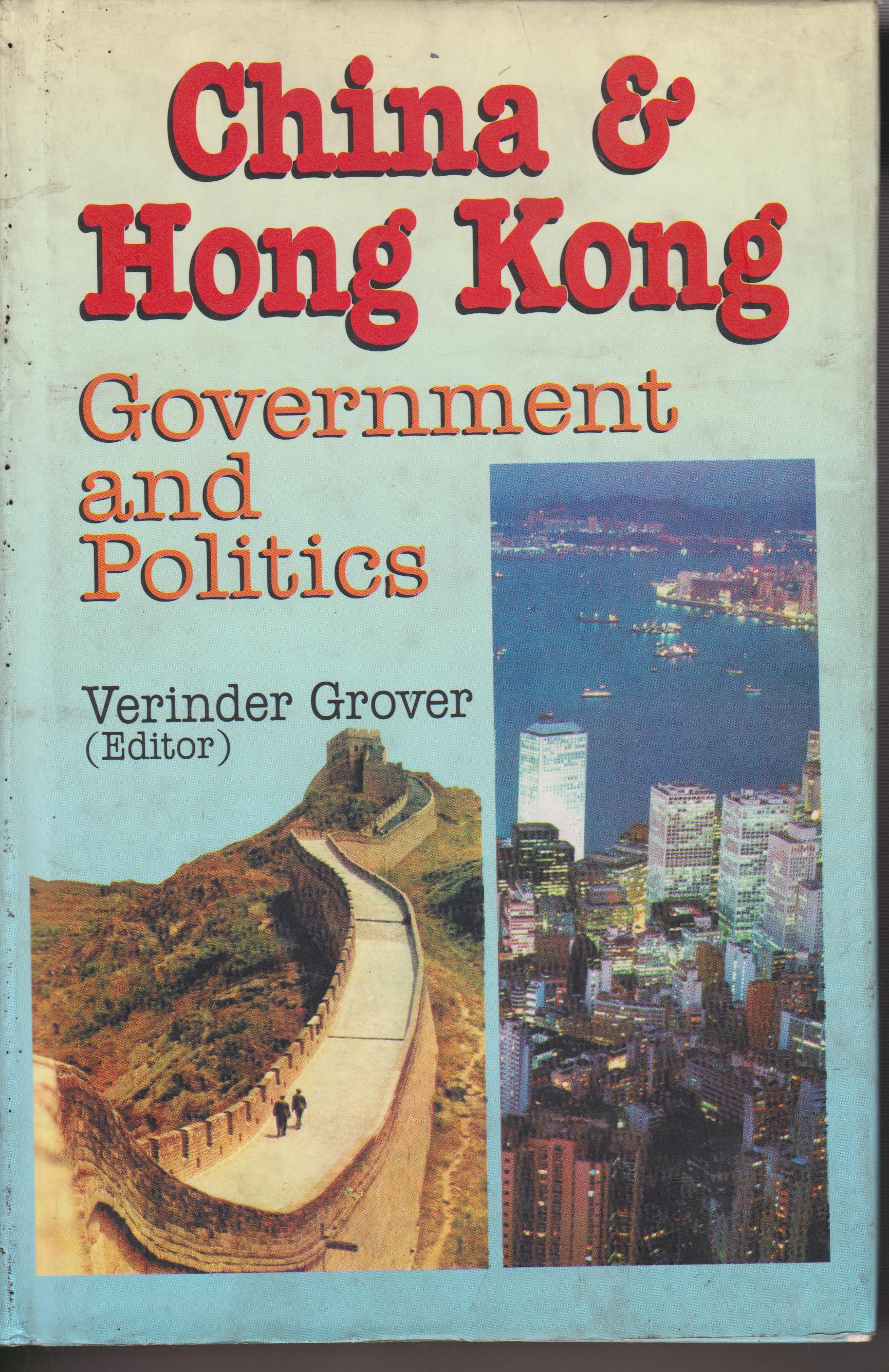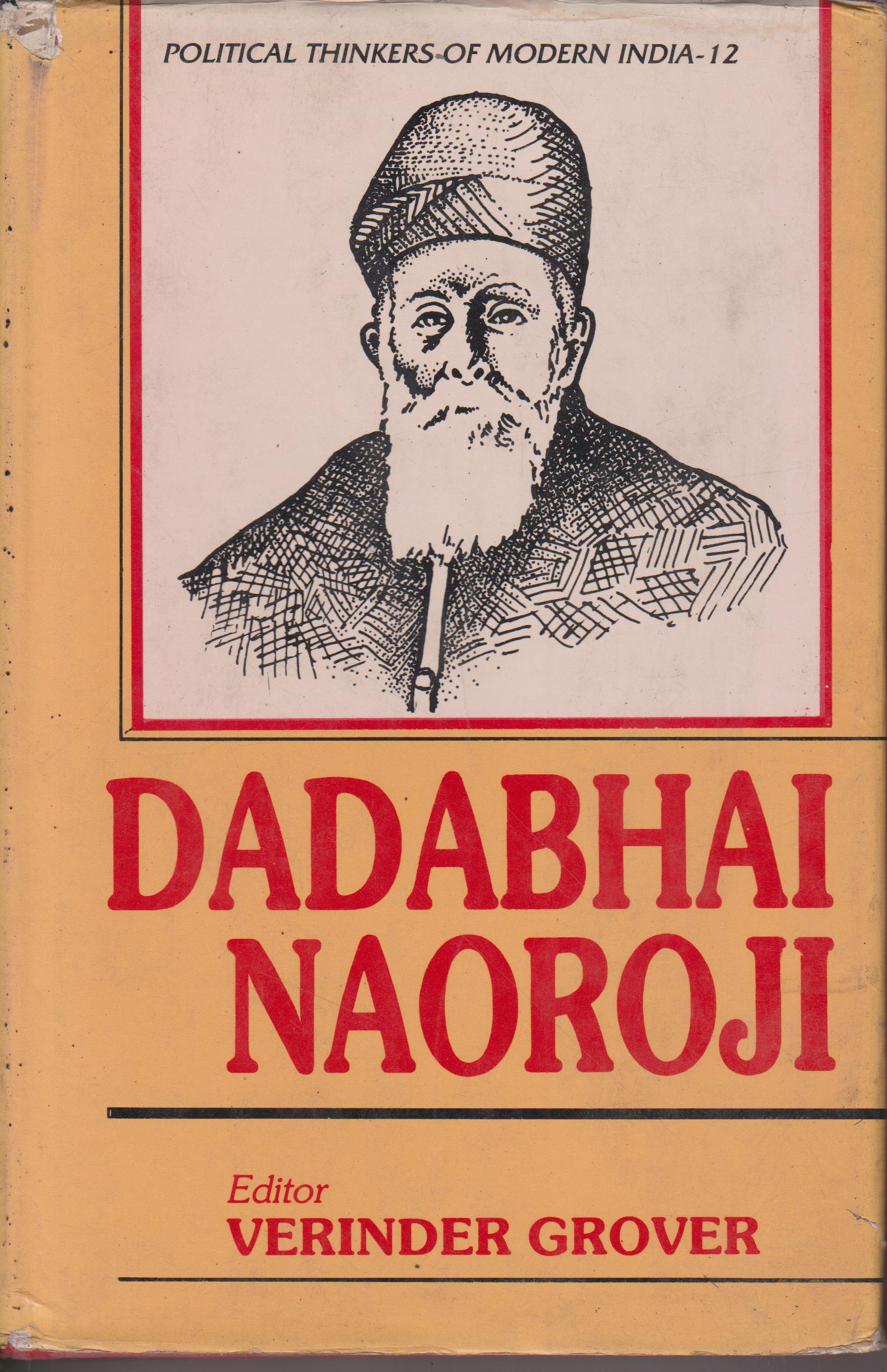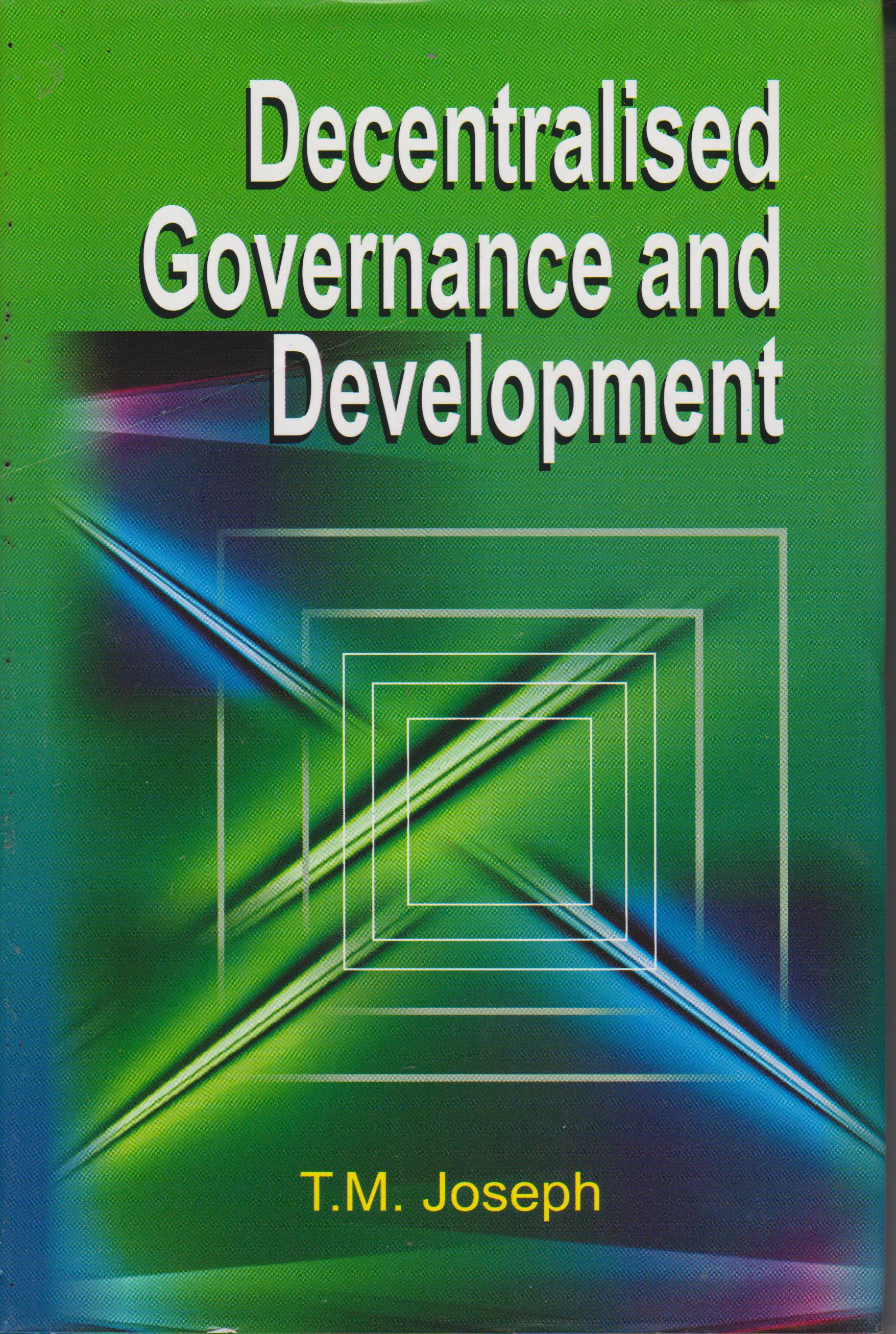Description
China’s political landscape and its relationship with Hong Kong have been subjects of significant interest and debate in recent years. In “China and Hong Kong: Government and Politics,” Verinder Grover provide a comprehensive analysis of the intricacies and complexities of these intertwined entities. Through meticulous research and insightful analysis, Grover offers readers a deep understanding of the historical, political, and socio-economic factors that shape China’s governance and its impact on Hong Kong. This book serves as an invaluable resource for scholars, policymakers, and anyone interested in gaining a comprehensive understanding of China’s governance and the challenges faced by Hong Kong.
In this enlightening book, Grover starts by delving into the historical context of China and Hong Kong’s political landscape. He explores the transition from British colonial rule to the handover of Hong Kong to China in 1997, providing crucial insights into the negotiation process and the implementation of the “one country, two systems” framework. Grover goes on to analyze the various branches of China’s government, including the Communist Party, the State Council, and the National People’s Congress, highlighting their roles and influence in shaping the nation’s policies.
Furthermore, Grover delves into the intricate relationship between the Chinese central government and Hong Kong’s unique governance structure. He examines the role of the Chief Executive and the Legislative Council in Hong Kong, shedding light on the complex dynamics between the two entities. Grover explores key issues such as the pro-democracy movement, the controversial extradition bill, and the subsequent protests that shook Hong Kong. He provides a balanced perspective, considering the viewpoints of both China and Hong Kong while presenting the underlying causes and consequences of these events.
Grover’s analysis is rigorous and comprehensive, providing readers with a detailed understanding of the intricacies of China’s governance and its impact on Hong Kong. He adeptly navigates through the complex political landscape, carefully examining the power dynamics, policy-making processes, and key actors involved. Grover’s in-depth exploration of the historical context enables readers to comprehend the root causes of contemporary challenges and controversies.
One strength of the book lies in Grover’s ability to present a nuanced analysis while remaining objective. He avoids taking sides and instead offers a balanced assessment of the different perspectives at play. The book is meticulously researched, drawing from a wide range of primary and secondary sources, including government documents, academic studies, and news articles. This ensures that readers are presented with a comprehensive and well-rounded picture of the subject matter.
While there have been numerous books on China’s governance and Hong Kong’s political situation, Grover’s work stands out due to its extensive coverage and depth of analysis. Unlike other works that may focus solely on one aspect, Grover provides a holistic view of China’s governance and its impact on Hong Kong. He masterfully weaves together historical context, political structures, and key events to provide a comprehensive understanding of the subject matter.
Grover’s book uncovers several underlying themes that resonate throughout the narrative. One recurring theme is the tension between China’s centralized authority and Hong Kong’s desire for greater autonomy. The book explores how this tension manifests in various aspects of governance and policymaking, shedding light on the challenges faced by both entities in reconciling their differences.
Another theme that emerges is the struggle for democracy and human rights. Grover critically examines the pro-democracy movement in Hong Kong and the subsequent crackdown by the Chinese government. He highlights the aspirations of Hong Kongers for greater political participation and the complexities they face in navigating the constraints imposed by China’s authoritarian system.
In “China and Hong Kong: Government and Politics,” the primary focus is on the political structures and institutions rather than individual characters. However, Grover skillfully brings to life the key figures involved in shaping China’s governance and Hong Kong’s political landscape. From the Chinese leaders at the central government to the Chief Executives of Hong Kong, Grover provides insights into their roles, motivations, and the impact of their decisions on the broader political landscape.
About the Author:
Verinder Grover is a renowned scholar and expert in the field of East Asian politics. He has published extensively on Chinese politics, including several acclaimed books and articles. Grover’s expertise and deep understanding of the subject matter shine through in this book. His nuanced analysis and comprehensive research make “China and Hong Kong: Government and Politics” a valuable contribution to the field.
Grover’s writing style is scholarly yet accessible, making the book suitable for both academic and general readers. He presents complex concepts clearly and concisely, ensuring that readers can follow the arguments without being overwhelmed by jargon. Grover’s writing is engaging, and his ability to weave together historical context, theoretical frameworks, and empirical evidence enhances the readability of the book.
What People Say About This Book:
“China and Hong Kong: Government and Politics” has received widespread acclaim from scholars, experts, and reviewers alike. Critics praise the book for its comprehensive coverage, meticulous research, and nuanced analysis. It has been commended for its objective and balanced approach, providing readers with a deep understanding of the subject matter. The book is often recommended as a must-read for anyone seeking to gain insights into China’s governance and the complexities of the Hong Kong situation.
- Comprehensive coverage of China’s governance and its impact on Hong Kong.
- Meticulously researched, drawing from a wide range of sources.
- Objective and balanced analysis, considering multiple perspectives.
- Engaging and accessible writing style.
- Provides historical context and in-depth examination of key events and actors.









Reviews
There are no reviews yet.